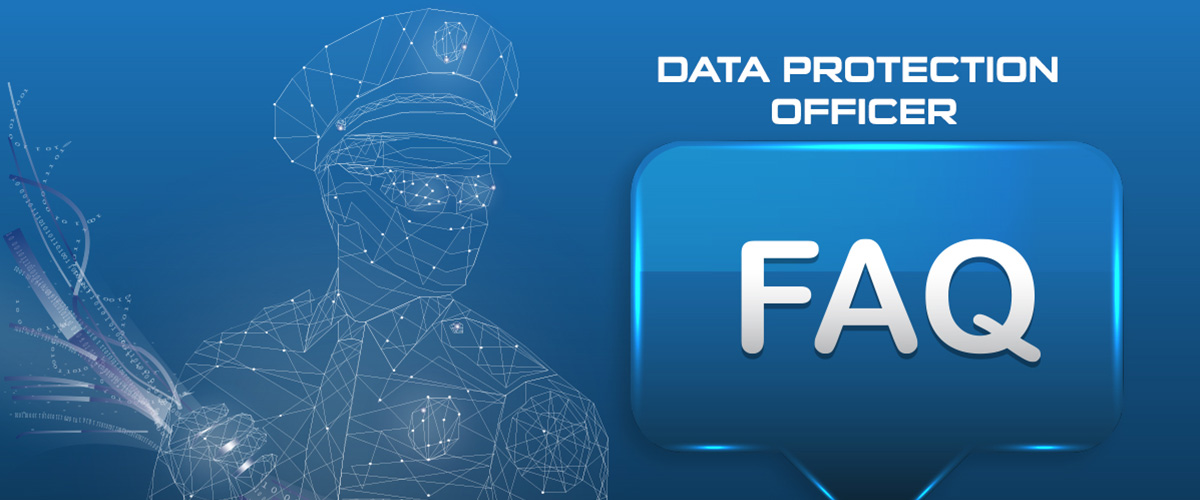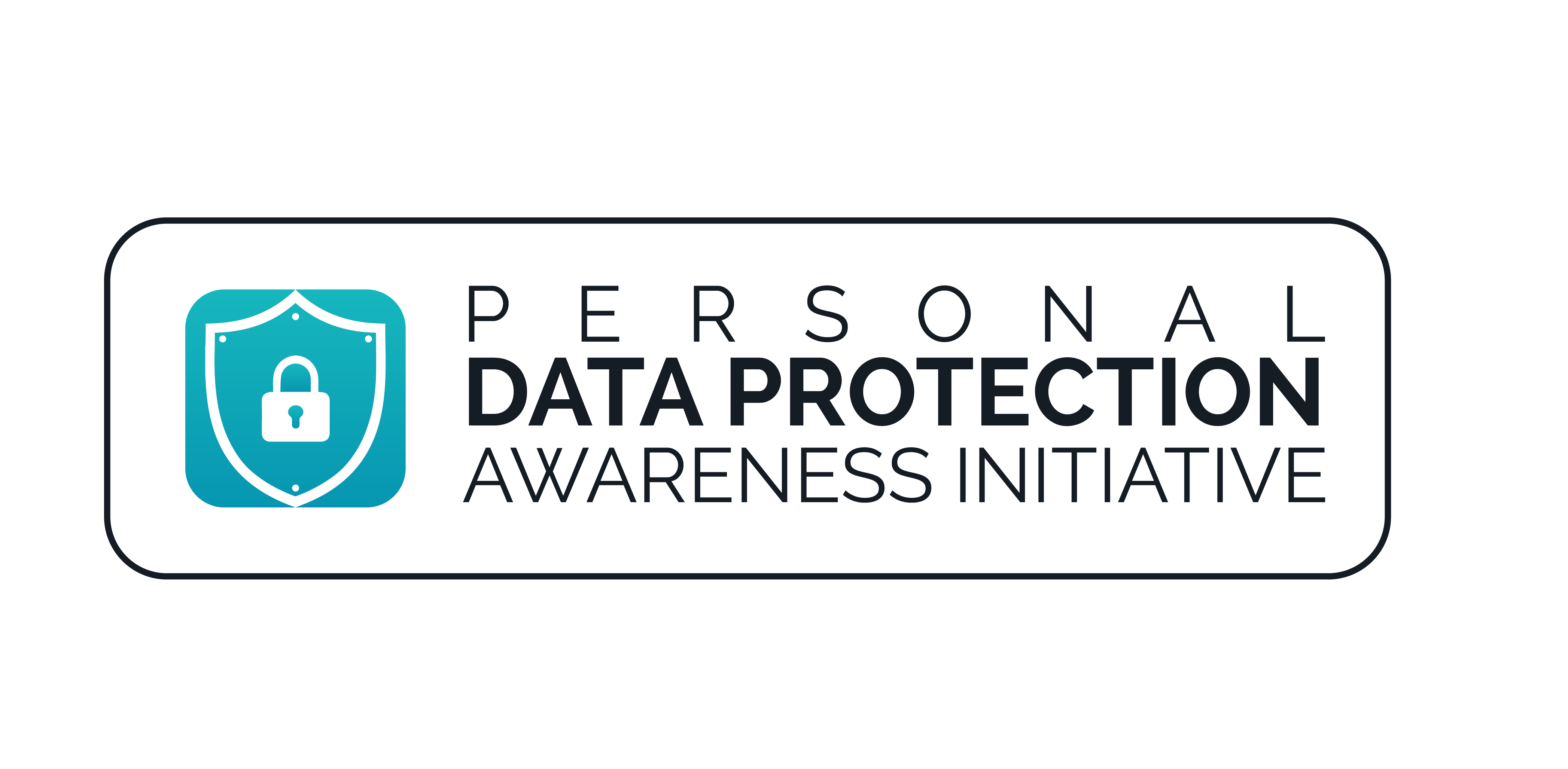
Frequently Asked Questions about Data Protection Officer (DPO) in Nigeria
Introduction
Data protection is a shared responsibility that affects us all. As individuals, communities, and organizations, we rely on the secure handling of personal information to build trust and foster growth. Recognizing the universal importance of data privacy, Nigeria has taken a significant step forward by implementing the Nigeria Data Protection Act (NDPA). This landmark legislation sets a standard for the responsible collection, processing, and storage of personal data. At the heart of this effort is the Data Protection Officer (DPO) who ensures organizations not only comply with the DPA but also prioritize the well-being of individuals whose data they handle.
Frequently Asked Questions about DPOs in Nigeria.
The DPO Placement has compiled a list of frequently asked questions about the DPO role in Nigeria, providing valuable insights into their responsibilities, qualifications, and challenges.
1. Who is a DPO?
• A DPO is an individual responsible for overseeing an organization’s data protection compliance efforts and ensuring adherence to data protection laws to safeguard personal information.
2. Is it mandatory to have a DPO in Nigeria?
• While the NDPA does not explicitly mandate a DPO for all data handlers, it strongly requires appointing a DPO for a data controller of major importance. Section 32 of the NDPA. The decision to determine a data controller of major importance often depends on the size, nature, and complexity of an organization’s data processing activities.
3. What are the qualifications for a DPO?
• A DPO should have expertise in data protection laws, legal concepts, technology, and information management. Relevant certifications can also enhance their credibility.
4. What are the responsibilities of a DPO?
• DPOs are required to advise the data controller or the data processor, and their employees, who carry out processing made under this Act.
• To monitor compliance with this Act and related policies of the data controller or data processor and to act as the contact point for the Commission on issues relating to data processing.
5. Who should a DPO report to?
• A DPO should ideally report directly to the highest management level within the organization to ensure their independence and effectiveness.
6. Can a DPO be an external consultant?
• Yes, a DPO can be an external consultant, but there are pros and cons to consider. In-house DPOs have direct access to internal processes, while external consultants offer objectivity and specialized expertise.
7. What are the potential challenges for a DPO?
• DPOs may face resistance from within organizations, limited resources, and the complexity of evolving data protection regulations.
8. Can a DPO be held liable for non-compliance?
• While a DPO is not personally liable, they should document their activities and advise decision-makers to mitigate risks.
9. How can an organization support a DPO?
• Organizations can provide adequate resources, training, and autonomy to their DPOs, as well as designate departmental “Data Champions” to assist with compliance efforts.
Conclusion
The role of a DPO is significant in ensuring data protection compliance in Nigeria. By understanding the responsibilities, qualifications, and challenges associated with this role, organizations can effectively implement data protection measures and safeguard personal information.



